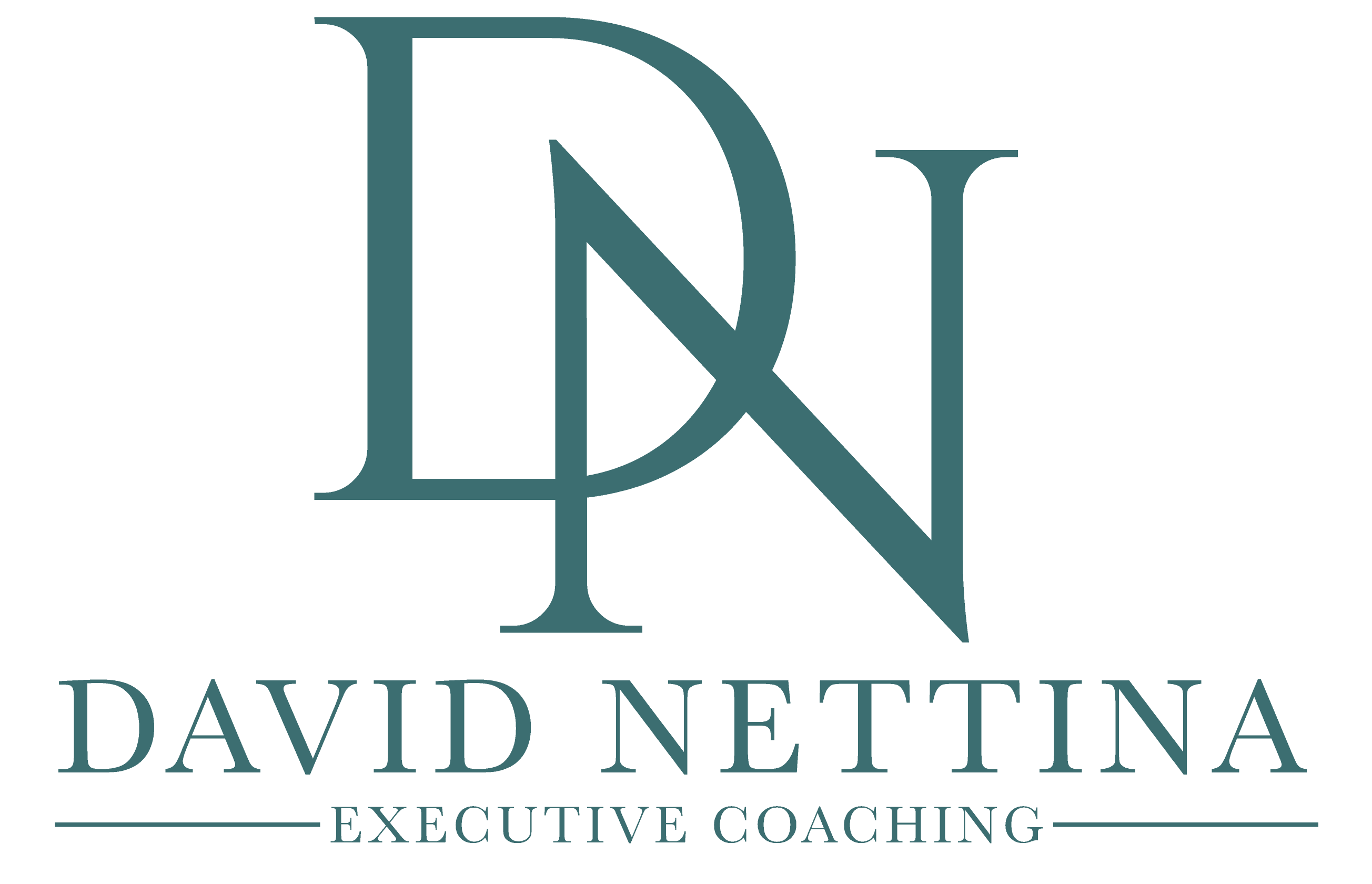Introduction:
Entrepreneurship brings a host of challenges, from grappling with financial pressures and mastering time management to navigating market uncertainties. As a business owner, your ability to conquer the inherent stress of entrepreneurship and make better decisions hinges on not only your cognitive intelligence but also your emotional intelligence (EI). Embracing emotional intelligence can significantly impact your leadership effectiveness, forging stronger connections, improving team dynamics, and driving organizational success.
Emotional intelligence is the ability to understand, manage, and utilize emotions to navigate social interactions, relationships, and decision-making effectively. It encompasses several key facets, such as self-awareness, empathy, self-regulation, motivation, and social skills. By developing and harnessing these competencies, business owners can foster a positive work culture, inspire and engage employees, and navigate complex challenges with poise and clarity.
In a business landscape defined by rapid change and heightened competition in 2024, the importance of emotional intelligence cannot be overstated. Research has consistently demonstrated the powerful impact of emotional intelligence on leadership success, and as a business owner, honing your EI is a critical component of thriving in a modern-centered world.
At David Nettina Executive Coaching, we specialize in guiding business owners like you in cultivating emotional intelligence skills that elevate your leadership abilities and fuel your organizational success. Reach out to us to embark on this transformative journey and unlock the full potential of emotionally intelligent leadership in 2024.
1. The Far-Reaching Benefits of Emotional Intelligence in Leadership
Emotionally intelligent leaders possess a unique set of attributes that enable them to thrive in the ever-evolving business environment of today. Some of the many benefits of emotional intelligence in leadership include the following:
- Enhanced decision-making: EI helps you consider the emotional aspects of decisions, leading to a more comprehensive and holistic decision-making process.
- Improved conflict resolution: Emotionally intelligent leaders can empathize with others and navigate difficult conversations effectively, promoting healthier working relationships.
- Increased employee engagement and retention: Leveraging emotional intelligence fosters a supportive and empowering work culture, making employees more likely to remain with the organization.
- Authentic and inspiring leadership: EI allows you to connect with your employees authentically, motivating them to align with your vision and work cohesively towards shared goals.
2. Developing Your Emotional Intelligence Competencies
To enhance your emotional intelligence, focus on bolstering these foundational competencies:
- Self-awareness: Cultivate an understanding of your emotions, strengths, and weaknesses by regularly practicing self-reflection, meditation, or journaling.
- Self-regulation: Practice managing your emotions and impulses, incorporating techniques such as deep breathing, mindfulness, or physical exercise as coping mechanisms.
- Empathy: Work on developing your ability to understand and share the feelings of others, actively listening to their perspectives and experiences.
- Motivation: Nurture a strong drive to achieve your goals by setting clear objectives, maintaining a focus on your vision, and adopting a growth mindset.
- Social skills: Engage in activities that promote interpersonal communication and collaboration, such as networking, team-building exercises, or attending workshops or seminars on effective communication.
3. Implementing Emotionally Intelligent Leadership Strategies
Incorporate these emotionally intelligent leadership strategies in your daily interactions to foster a positive and collaborative work environment:
- Use constructive feedback: Offer well-timed, empathetic, and valuable feedback to employees, reinforcing desired behaviors and helping them grow and improve.
- Demonstrate active listening: Show undivided attention while engaging with employees, reinforcing your understanding of their needs and concerns, and validating their feelings.
- Engage in team-building activities: Strengthen workplace relationships by organizing regular team-building exercises that emphasize trust, communication, and collaboration.
- Adapt your leadership style: Tailor your leadership approach for different team members, empathizing with their unique personalities, strengths, and working styles.
4. Measuring and Assessing Your Emotional Intelligence Progress
As you work to enhance your emotional intelligence skills, it’s crucial to measure your progress and make necessary adjustments. Implement these approaches to assess your growth:
- Set tangible goals: Establish clear, measurable goals related to your emotional intelligence development, such as increasing employee satisfaction or reducing conflict resolution time.
- Seek external perspectives: Solicit feedback from your team members or engage in 360-degree evaluations to gain insight into your progress and areas for improvement.
- Reflect on your progress: Regularly take the time to review your emotional intelligence goals, evaluate your progress, and make the necessary adjustments to your development plan.
5. Overcoming Challenges in Developing Emotional Intelligence
Developing emotional intelligence skills can be challenging, and it’s essential to recognize and overcome the obstacles that may impede your progress. Some common challenges include the following:
- Cultural and societal conditioning: Many individuals are socialized to suppress their emotions, making it difficult to recognize and manage them effectively. Overcoming cultural or societal conditioning may require self-reflection, therapy, or other professional support.
- Resistance to change: Changing deeply ingrained habits and behaviors can be challenging, and it may take time and persistence to develop emotional intelligence competencies.
- Lack of resources: Business owners may lack the time, energy, or resources to engage in activities that promote emotional intelligence development. Finding creative solutions, such as incorporating mindfulness practices into your daily routine or seeking online resources, can help overcome this challenge.
Conclusion
Cultivating emotional intelligence is pivotal for business owners seeking to enhance their leadership effectiveness in the competitive landscape of 2024. By developing your EI competencies, implementing emotionally intelligent leadership strategies, and measuring your progress, you can forge stronger connections, improve team dynamics, and drive organizational success.
Experience the power of corporate leadership coaching with David Nettina Executive Coaching. Contact us now to unleash your full potential in emotionally intelligent leadership and achieve long-term success.
